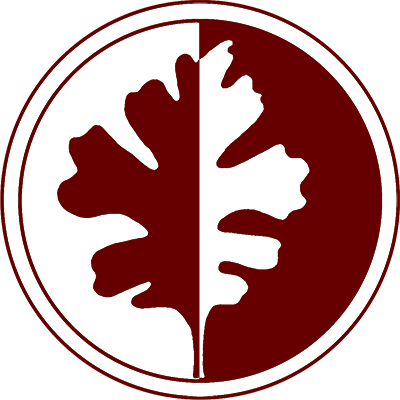CHARLES E. ROZAIRE AWARD |
Dr. Charles E Rozaire
(photo courtesy of LA Museum of Natural History)
As a young man during the 1940s, Charles Rozaire was an active volunteer at the Southwest Museum, working with Mark Harrington and others at various sites in western North America. Inspired by these experiences, he received his Ph.D. from UCLA in 1957, writing about ancient twined weaving techniques. Following his Ph.D., he worked at the Nevada State Museum until accepting a job at Natural History Museum in Los Angeles, where he spent the majority of his career (1963-1990). Rozaire made lasting contributions to California and maritime archaeology through his work on the California Channel Islands. The collections he made and his field notes continue to be an important source of research material for archaeologists today.
Throughout his career, Rozaire spent significant time conducting archaeological fieldwork across California. He greatly valued these experiences, both socially and academically; and he wished there had been more funding to support field and laboratory projects during his career. This award is intended to promote such experiences among young archaeologists, and to bring greater attention to California’s rich past.
The award supports undergraduate or graduate student research in California archaeology that includes a significant fieldwork or collections component. Funding from the award is intended to help pay for the various costs associated with fieldwork or analyzing an existing curated collection and/or for preparing the materials for long-term curation. The award is to promote original research on the history or prehistory of California.
ALLOWABLE EXPENSES
Funding from the award (up to $2,000) may be used for fieldwork or collections expenses directly related to the study. These include travel to and from the field or museum; lodging, camping, and food to support a field crew; data collection; and/or the purchase or maintenance of minor field equipment (i.e., items under $300 such as shovels and screens). Expenses may also include initial stages of laboratory analysis associated with preparing the collection for further study and curation (e.g., illustrations or casting of artifacts, assistance with artifact or ecofact identification, purchase of curation supplies such as boxes or bags). Expenses not allowed include salary or stipends to field participants, tuition, or purchase of equipment over $300.
HOW TO PREPARE YOUR RESEARCH PROPOSAL
Complete proposals must include all of the following. Incomplete proposals will not be considered.
- Research proposal (see below)
- Detailed budget and justification for all expenses
- Schedule for conducting and finalizing research and presentation, not to exceed one year (including at the annual meeting of the Society for California Archaeology)
- Curriculum vitae
- Letter of support from a faculty advisor
The research proposal should be no more than three pages, including: (1) research statement and design; (2) field or lab methods to be employed; (3) how the data to be gathered from fieldwork or museum work relate to the research design; (4) the significance of the site or area to California archaeology; and (5) objectives and scientific or educational significance of the proposed research.
DEADLINES
Applications are due by December 15 of each year. Applications will be reviewed by the committee, with the winner contacted by January 15 of the meeting year. The winner will be announced and honored at the Banquet at the annual meeting later that year.
RECIPIENT’S OBLIGATIONS
By accepting the award, the recipient commits to presenting a paper or poster at the following annual conference of the Society for California Archaeology and to submitting a version of this paper to the Journal of California Archaeology or the SCA Annual Proceedings. If additional papers are published in other venues, the recipient is asked to acknowledge financial assistance from the award.
Submit your proposal to gro.emohacs@drawa_tneduts_rec, with Rozaire Award Proposal in the subject line.
2021 Recipient
Alec Apodaca
University of California, Berkely
Abstract
Stewardship practices are important components of the foodways of Indigenous people, yet how these practices developed throughout California over time remain poorly understood.
The proposed research investigates the relationship between stewardship and foodways during the Late Holocene in the Monterey Bay region using small-scale fieldwork and legacy collections from the Elkhorn Slough watershed – the largest estuary in the region. The project will emphasize environmental archaeological data using integrative and low-impact collaborative fieldwork to evaluate changes in stewardship practices and foodways as a response to sociocultural and climatic changes, particularly during the Medieval Climatic Anomaly (900-1300 CE) and the Little Ice Age (1350-1850 CE). Learning more about Indigenous stewardship practices in the past is highly relevant to the contemporary ecological restoration and cultural revitalization goals of Amah Mutsun Tribal Band and the Amah Mutsun Land Trust. It also contributes to ongoing debates regarding the extent, scale, and timing of intensive hunting-gathering-fishing practices related to niche construction and coastal landscape management in California.


